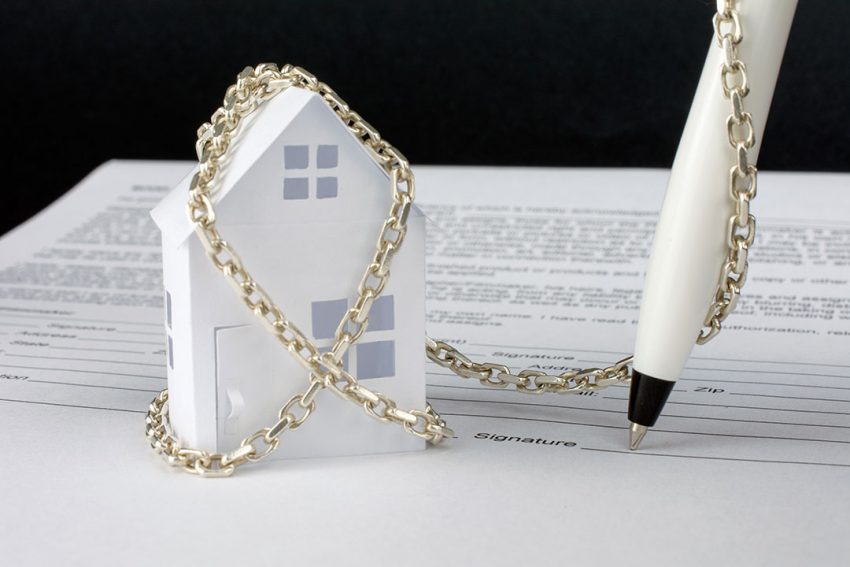A Property Manager’s Thoughts on Prop. 21

A Property Manager’s Thoughts on Prop. 21
by David Crown
Proposition 21, which would overhaul Costa-Hawkins by allowing cities and counties to impose rent control on properties built within the past fifteen years (among other things), will only do harm if passed.
Landlords won’t have incentive to improve properties when they can’t increase their return. Many won’t even be financially able to repair or upgrade units that don’t bring in market rates. That will affect the quality of rentals available. Landlords that have the ability to use their properties for something else besides residential use may do so, leading to fewer housing options for the people this measure is supposed to help. Enforced caps on rent growth make it difficult for multifamily property owners to meet investors’ target returns. This all adds up to a decrease in supply of new apartments, and higher prices. For example, between 1978 and 1990, Berkeley, California, which has some of the strictest rent-control laws in the country, saw its rental supply drop 14%.
In 1999, Forbes magazine published an article called “The Dumbest Ideas of the Century,” which included a list of the 10 worst economic ideas of the 20th century. Rent control was second on the list. “Here we have a policy initiative that has done huge damage to cities around the globe. It is very hard today to find an economist supporting rent control,” the article stated. But when pandering politicians want to play to the biggest crowd, rent control is a favorite lever to pull. They simply ask themselves, “Are there more tenants than landlords?” Since the answer is yes, this becomes a re-election strategy.
According to U.S. Census Bureau data, 10.3 million apartments now exist that were built before 1980, suggesting a growing need for renovation. Moreover, the NMHC estimates that roughly 100,000 are lost every year to obsolescence, destruction, and the like. If the state tells investors that they’re going to face strict controls regarding the future of their development, they might as well just say, “Have you thought about investing in Nevada instead?”
Let’s say that we go as far as to vote in something that looks like vacancy control, which means a landlord can’t even increase the rent upon vacancy of a below-market unit. If a landlord has an apartment worth $3,000 a month, and is forced to rent it at $1,000 because of vacancy control, who is the landlord going to choose to rent to? The highest earning applicant with the very best credit, not a low-income applicant. Will the government begin choosing tenants for landlords next? Proposition 21 would bring us one step closer to full government control of rental housing.
It’s also important to pay close attention to where this measure comes from. The author of Prop. 21, and of the failed Prop. 10 in 2018, is Michael Weinstein, who has profited off the sick and poor for decades. The people he “serves” have sued to expose his greed. This proposition is simply another attempt to dupe the masses and line his pockets. Would you expect a 501(c)(3) to post $317 million in total revenue? His misleadingly named AIDS Health Foundation made $216 million in mostly pharmaceutical sales, $47 million from Medicare, $24 million from its affiliates, and $6 million from patients.
The reason you should vote against Prop. 21 is that it simply doesn’t fix the problems California currently faces with regards to affordable housing. In fact, it would make things a lot worse. The high cost of housing will be solved by incentivizing sensible development; not by working against it and ultimately running it off.
David Crown is the C.E.O. of Los Angeles Property Management Group, and has over twenty-five years of experience managing all types of income properties. A hands-on leader who has managed properties in 16 states, Mr. Crown has been asked to serve as an expert witness in property management matters, and currently serves on the Forbes Real Estate Council. He can be reached directly at 323-433-5254.



